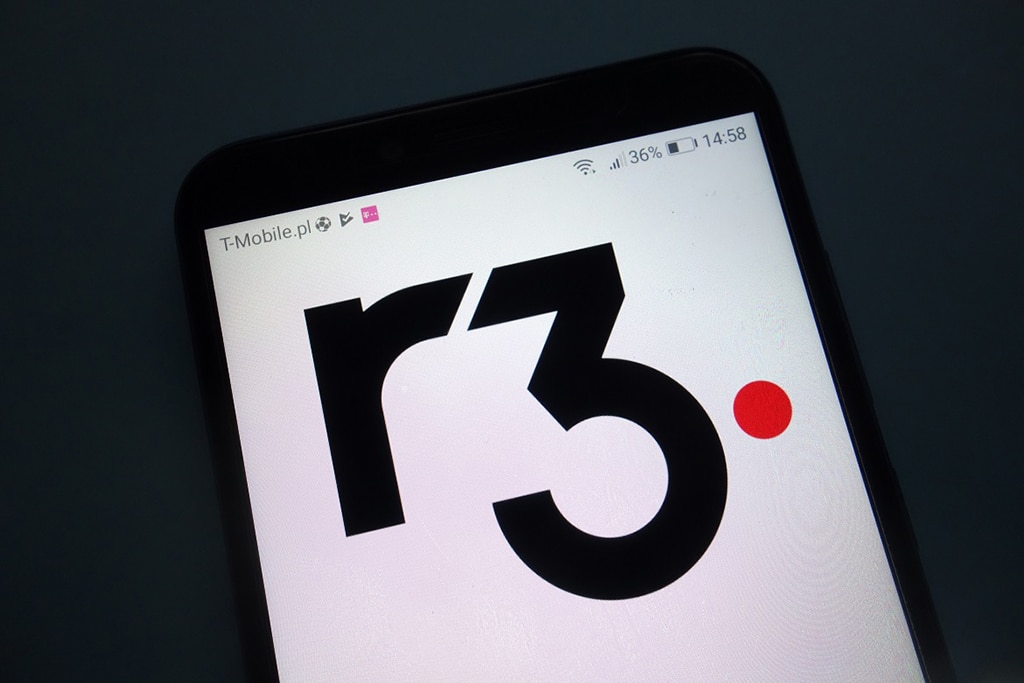The trials resulted in the development of two promising prototypes aimed to prove that shared ledger technology is a digital alternative for trade financing.
R3 CEV, a partnership of over 50 financial institutions aimed at development of distributed ledger and its adoption for financial industry, has unveiled the latest news. Besides, it has not been long since the consortium added a new member, Hong Kong-based life insurance group AIA, now the 15 member banks have completed two prototypes to show how the distributed ledger technology can be applied to the $45 billion global trade finance industry.
The list of banks participating in the trials includes Barclays, BBVA, BNP Paribas, Commonwealth Bank of Australia, Danske Bank and ING Bank. Others are Intesa Sanpaolo, Natixis, Nordea, Scotiabank, UBS, UniCredit, U.S. Bank and Wells Fargo.
The prototypes developed by the banks see distributed and shared ledger technology as a faster and more reliable digital alternative for trade financing. According to experts, the technology can save 10-15% of operational and compliance costs of paper-based trade financing. As a result, banks will have their revenues grow by approximately 15%.
The banks of R3 consortium have developed and used smart contracts on R3’s Corda distributed ledger platform in order to process accounts receivable (AR) purchase transactions, also known as invoice financing or factoring, and letter of credit (LOC) transactions. Both AR and LOC transactions are commonly used as trade financing methods in global financial markets.
It is necessary to mention that trade finance is an important part of bank activity and a source of considerable revenue. Traditionally, most processes in trade financing sphere are paper-based and as a result rather time-consuming and prone to risk and fraud. Thus, the role of trade finance has been downplayed by these inefficiencies. Moreover, buyers and sellers have got access to abundance of information and data about each other, providing greater legal certainty.
R3 states that its Corda platform limits unnecessary global sharing of data and allows the access to it only for parties involved in the agreement. The interaction between companies takes place without a central controller and the consensus is achieved at the level of individual deals between businesses.
The Corda platform also provides supervisory and regulatory observer nodes. All the transactions are validated by the parties, not by independent validators. The platform records an explicit link between smart contract code and human language legal documents.
David Rutter, the CEO of R3, said: “Trade financing is a crucial income stream for banks and provides an integral role in enabling businesses in different countries to trade with each other with certainty and peace of mind. However, the processes used to facilitate trade financing have become antiquated and unfit for purpose in today’s increasingly digital world. These trials have proved that the blockchain-inspired technology used on our Corda platform holds the key to transforming trade financing for modern financial markets.”
The R3 consortium has joined efforts to develop and deliver advanced distributed ledger technologies to the global financial markets. All the members involved share one common idea – distributed ledger technology has the potential to change financial services as profoundly as the Internet changed media and entertainment.

